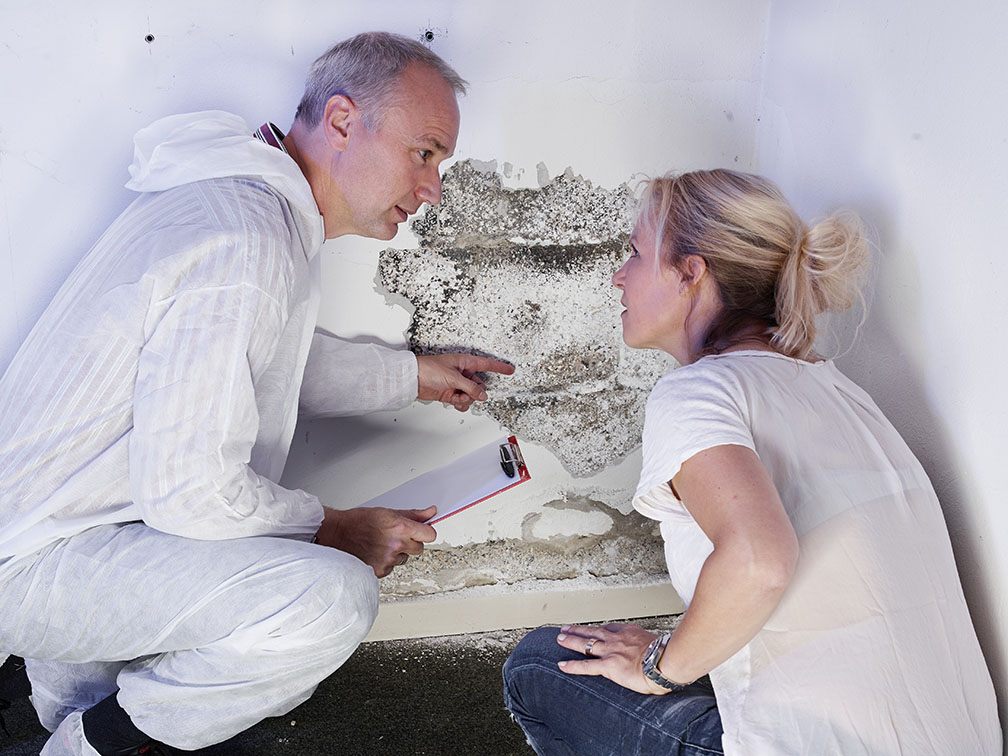Investing in a New Home? 3 Reasons You Can’t Skip the Pest Inspection
 There are so many small details involved in the final purchase of a home that it can be easy to lose track of the things that need to be done. While you won’t be able to forget about a home inspection, a pest inspection can be every bit as important before you sign on the dotted line. If you’re wondering why you shouldn’t forego this important step, consider the following information.
There are so many small details involved in the final purchase of a home that it can be easy to lose track of the things that need to be done. While you won’t be able to forget about a home inspection, a pest inspection can be every bit as important before you sign on the dotted line. If you’re wondering why you shouldn’t forego this important step, consider the following information.
The Final Offer
Few people want to deal with problems, especially when it comes to their dream home. But the entire purpose of a pest inspection is to ensure you know about these problems before you sign on the dotted line. If pest issues are discovered, you’ll still have some decisions to make as to how you want to proceed. You can push the problem back to the homeowner to deal with, or buy the home knowing about the pest issue and use it to negotiate a lower price.
Insurance May Not Help
Homeowner’s insurance will cover your home and belongings in the event of a natural disaster, fire or flood. And in some cases, your policy will cover damage due to pests. However, much of the rot and other damage that pests cause occurs over a long period of time. In these cases, your insurer may not cover the damage, or you may be on the hook for a significant deductible. In any case, your policy may require that you get an inspection when you purchase the home so be sure to check with your insurer.
Feeling Home At Home
Much like experiencing a burglary, discovering a pest problem in your home can be an unsettling experience. Unfortunately, if you’ve just moved into your new home, it can be even more difficult to get comfortable if you think pests are crawling around. It’s important to schedule a pest inspection so you can be sure there are no impediments to enjoying your new home. Yes, it’s one more cost involved before the deal is sealed, but the money spent will be well worth your comfort.
These are just three of the many reasons to invest in a professional pest inspection when buying a new home. It’s a small price to pay to ensure that your home is free of damage-causing pests. If you’re currently getting ready to invest in a new home, contact your trusted mortgage professional for the inside scoop.

 Outside of the significant financial responsibility of delving into home ownership, there can also be a lot of other risks involved that you may not have thought about before investing in a home. You’ll need to protect your home against theft or burglary. And homeowner’s insurance to protect your home and belongings is almost a requirement. But there are other less common occurrences you may not have thought about. If you happen to be living in an area that’s at high risk of fire, here are some things to consider beforehand.
Outside of the significant financial responsibility of delving into home ownership, there can also be a lot of other risks involved that you may not have thought about before investing in a home. You’ll need to protect your home against theft or burglary. And homeowner’s insurance to protect your home and belongings is almost a requirement. But there are other less common occurrences you may not have thought about. If you happen to be living in an area that’s at high risk of fire, here are some things to consider beforehand. An open house is a good opportunity to get out and about to see what kind of home you’re looking for and if it will work for you. Fortunately, they can also be a good opportunity to find out some things about the house you’re looking at that might not be listed on the website and may be less than flattering. If you’re wondering what red flags to watch out for, pay attention to the following things the next time you’re at a showing.
An open house is a good opportunity to get out and about to see what kind of home you’re looking for and if it will work for you. Fortunately, they can also be a good opportunity to find out some things about the house you’re looking at that might not be listed on the website and may be less than flattering. If you’re wondering what red flags to watch out for, pay attention to the following things the next time you’re at a showing.